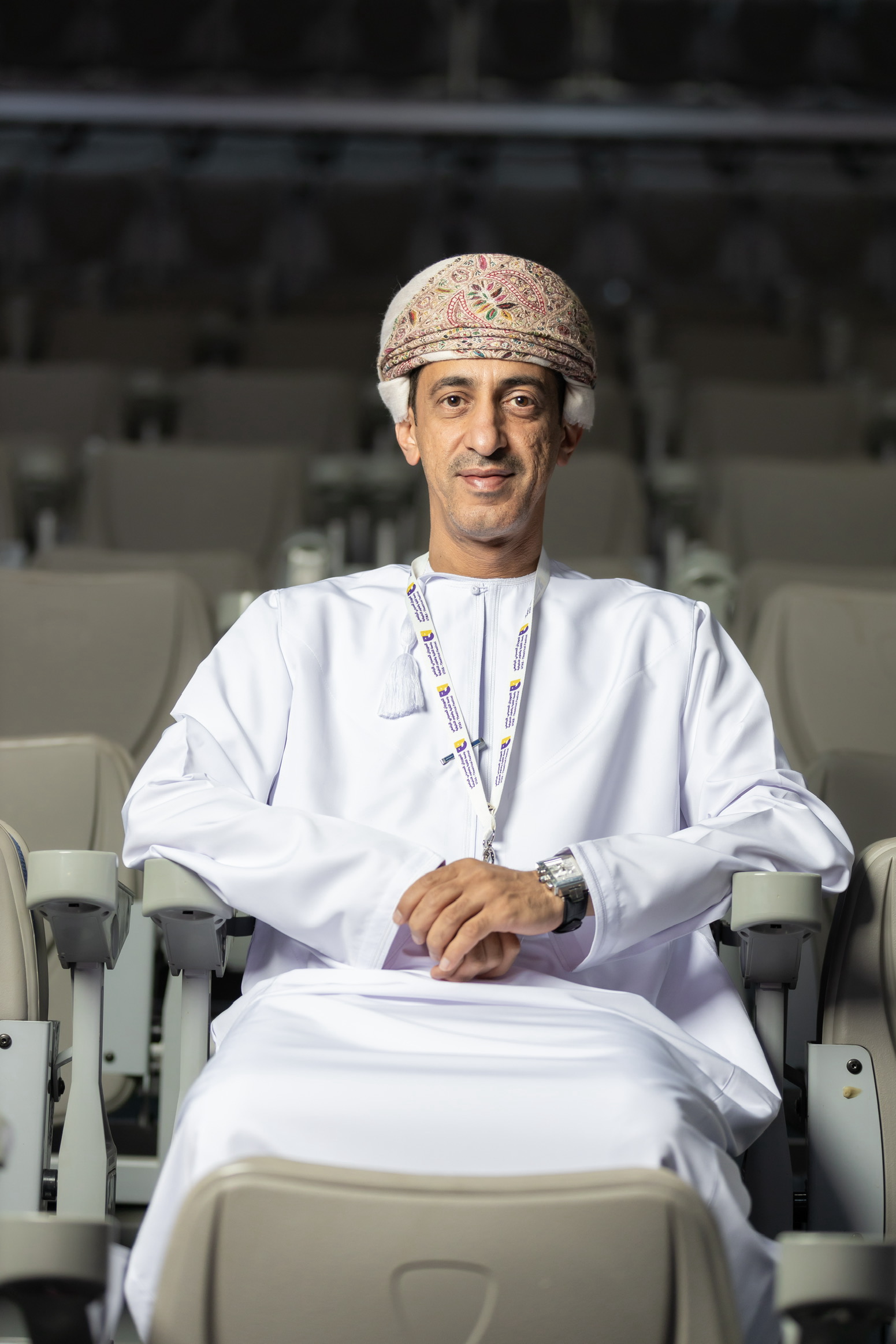
The Information Systems and Educational Technology Center is responsible for developing and enhancing educational technology and communication services and applications for the staff of the College of Education in Rustaq and the external community. The center aims to automate administrative work, contribute to the development of e-learning, enhance the security interface of the college’s systems to protect them from breaches and provide both physical and electronic learning resources in their most modern forms. Additionally, the center offers training programs in the use of information technology, provides technical support and offers the necessary software to achieve educational goals and facilitate administrative work. It also develops and provides all the necessary IT infrastructure in the college.
The primary tasks of the Information Systems and Educational Technology Center include:
1. Implementing policies for the use of IT and communication resources and services in the college.
2. Continuously providing and updating books, references and other paper and electronic learning resources, as well as updating the library's collections.
3. Providing electronic resources for the college’s facilities and supervising their maintenance.
4. Managing, developing and continuously maintaining the college’s software and computerized systems in coordination with the various divisions of the university.
5. Developing and evaluating the college's e-learning platforms.
6. Establishing and implementing best practices for using the resources and services of information systems, educational technology and learning materials.
7. Offering high-quality and efficient applications and infrastructure related to devices, learning resources, communication and the internet.
8. Enhancing the quality of educational, learning and research technologies.
9. Developing information systems and automating administrative tasks and academic programs.
10. Providing consultation and services in computer use for public and private institutions in the local community, as well as for educational courses the college conducts with external entities.
11. Meeting the communication needs and means of the college staff and providing wired and wireless network services for them.
12. Establishing an effective technical support system for all educational technology services and information systems.
13. Developing and periodically updating the college website.
14. Supervising and monitoring all the university projects related to information systems and educational technology implemented in the college.
Sections of the Information Systems and Educational Technology Center
1. Educational Technology Section
This section is responsible for meeting the needs of faculty members and technical support staff for educational resources, programs and systems, as well as providing them with relevant training. It also produces various educational tools to serve the educational process in cooperation with the relevant departments. Moreover, the division supervises the development of electronic content for academic courses in collaboration with the faculty and other services related to educational technology for the staff of the college.
2. Networks and Information Security Section
This section oversees the college’s computer network and electronic information security system, ensuring their operation, management and maintenance. It trains the college staff to safely use networks, modern technologies and information systems. This section also implements technical risk management and information security policies, identifies and meets the technical and security infrastructure needs of the college, and monitors the networks, licenses and devices.
3. Systems Development and Technical Support Section
This section is responsible for collecting, analyzing, documenting and developing the college's needs for electronic systems. It determines the necessary licenses and programs used in building and developing these systems. This section also provides technical support for the college’s departments and activities, resolves technical problems and develops mechanisms and alternatives to ensure the continuity of work. It also ensures the readiness, safety and security of all devices and technical operating systems and monitors their performance and maintenance.
3. Library Section
This section applies the regulations and policies related to the library and its use, determines the college's needs for digital and printed information resources that support the educational process, and takes the necessary measures to preserve library contents, while providing a suitable environment for reading and research inside the library. The library also establishes and implements policies for borrowing and returning books and organizes methods for looking for books and using them. Furthermore, it trains students and researchers to benefit from its services.
MR. Ali AlFarsi
Head of Center